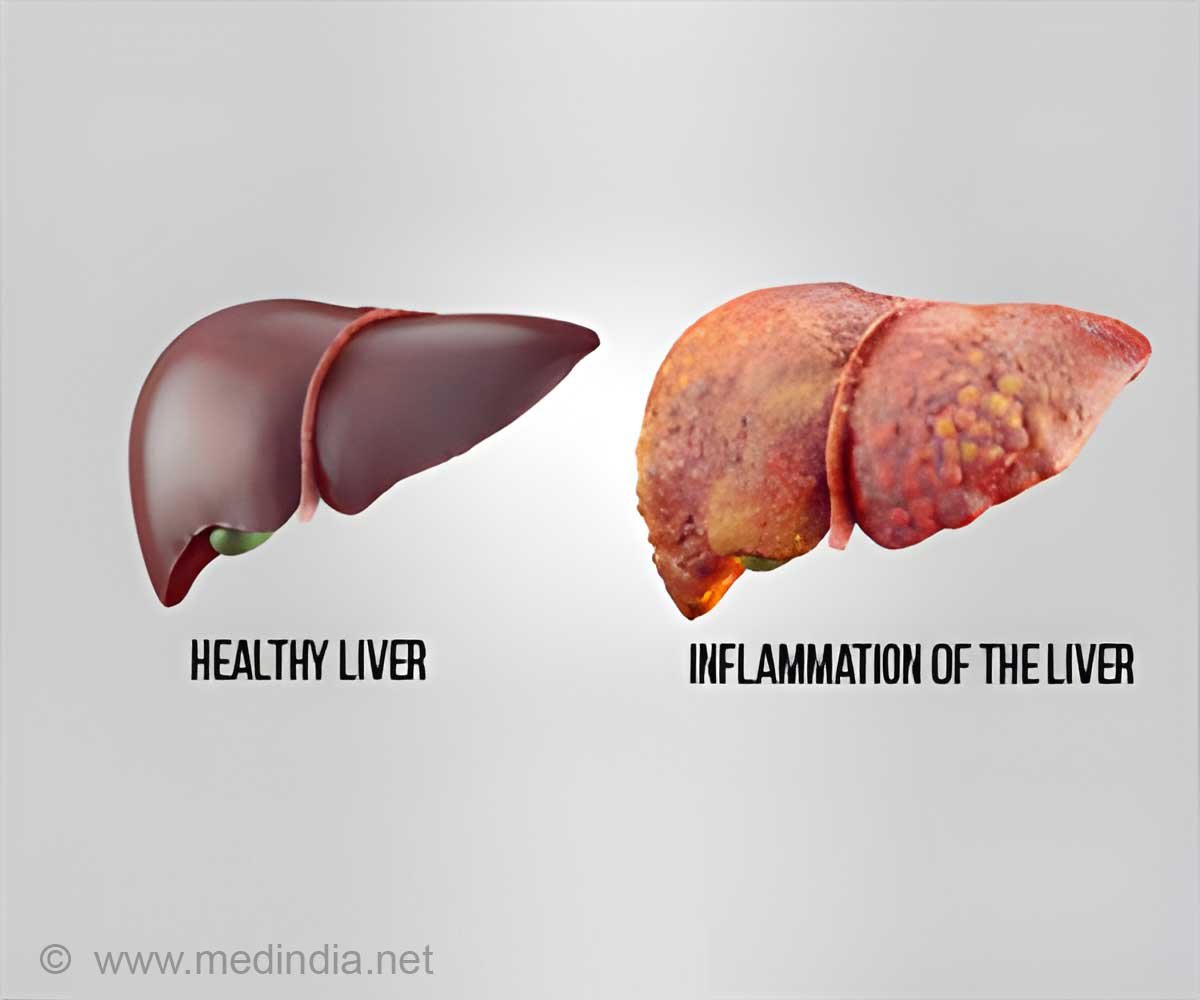According to the 2024 Global Hepatitis Report by the World Health Organization (WHO), India ranks among the top 10 countries globally, representing nearly two-thirds of the burden of hepatitis B and C combined. (1✔ ✔Trusted Source
Global hepatitis report 2024: action for access in low
)
The 10 countries are China, India, Indonesia, Nigeria, Pakistan, Ethiopia, Bangladesh, Vietnam, Philippines and the Russian Federation. Of these three countries — China, India, and Indonesia — represented 50 percent of the global burden in 2022 for hepatitis B.
Tweet it Now
Global Hepatitis Burden and Priority Countries
These were followed by Nigeria, Ethiopia, Bangladesh, Vietnam, Philippines and Pakistan. The data from 187 countries released at the World Hepatitis Summit, showed that six countries — China, India, Indonesia, Pakistan, the Russian Federation, and the US — represented 50 percent of the global burden for hepatitis C. These were followed by Ukraine, Uzbekistan, Bangladesh, Vietnam, Ethiopia, Mexico, Brazil, and Malaysia. “Progress in these countries is critical to the global response,” the report said.
Viral hepatitis is the second leading cause of death worldwide after tuberculosis. From 1.1 million in 2019, the estimated number of deaths from viral hepatitis rose to 1.3 million in 2022. Of these, hepatitis B accounted for 83 percent of deaths, while hepatitis C was responsible for 17 percent of deaths.
“This report paints a troubling picture: despite progress globally in preventing hepatitis infections, deaths are rising because far too few people with hepatitis are being diagnosed and treated,” said WHO Director-General Dr Tedros Adhanom Ghebreyesus, in a statement. “WHO is committed to supporting countries to use all the tools at their disposal – at access prices – to save lives and turn this trend around,” he added.
The report noted that despite the availability of affordable generic viral hepatitis medicines, many countries fail to procure them at these lower prices. It also recommended expanding access to testing and diagnostics, strengthening primary care prevention efforts, and using improved data for action.
Reference:
- Global hepatitis report 2024: action for access in low – (https://www.who.int/publications-detail-redirect/9789240091672)
Source-IANS
